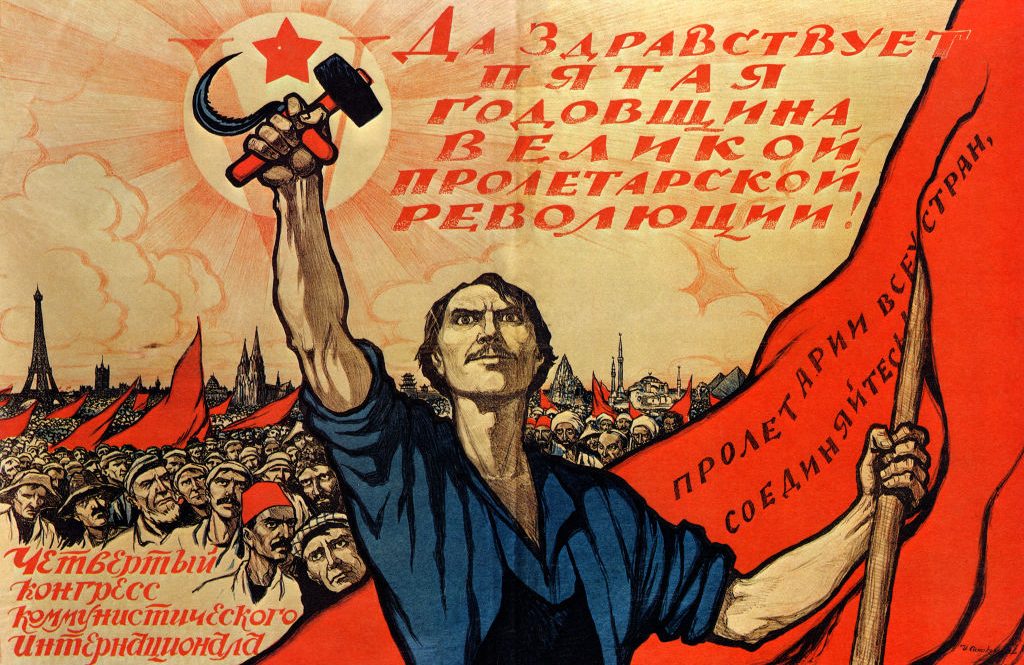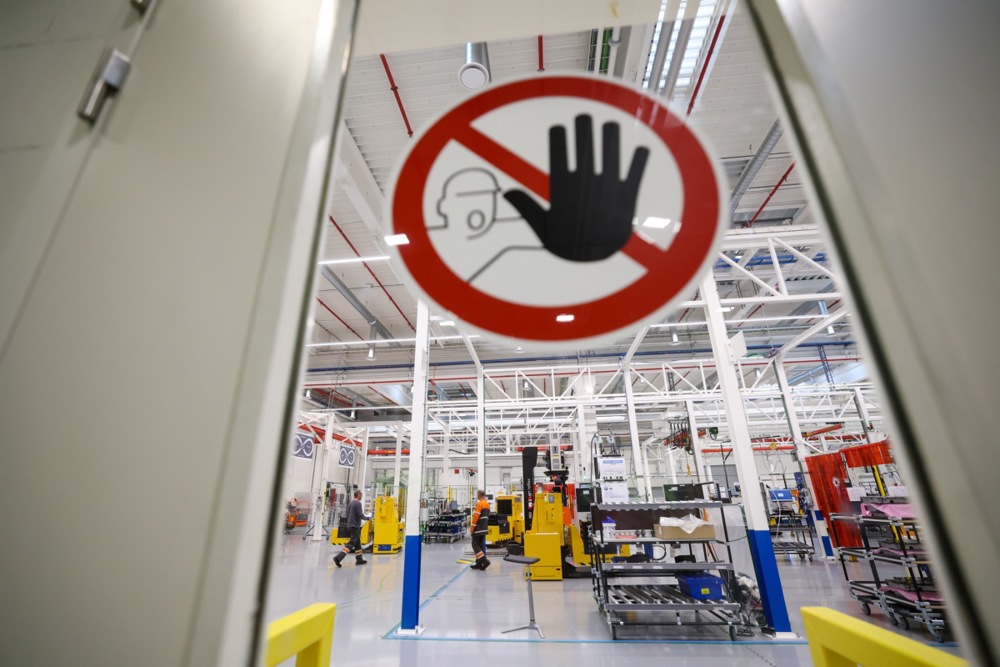Europe is losing the rare earths “Cold War” and one of the problems is democracy, an industry conference heard today.
The battle for control of key metals is of critical importance but European policy-makers cannot react quickly within existing democratic restraints, industry complained.
Talking at an Antimony conference in Brussels, industry reps said Europe was being held back by excessive regulation and phenomenally-long permitting applications; the continent was moving at the speed of a “turtle” while Asia was leaping forward like a “tiger”.
The European Commission is “shit-scared” of Chinese retaliation and Europe as a whole is suffering from a “crisis of meaning”, conference delegates heard.
Whereas in the US and Asia governments are racing to open new mines and build new smelters, in Europe, mines and smelters are still closing as the result of the EU’s ‘green deal’ polices. In its race to de-carbonise, Europe is in fact de-industrialising as companies relocate, many to the US.
“I hate Trump as I’m left-wing,” said Peter Tom Jones, director of Belgium’s KU Leuven Institute for Sustainable Metals and Minerals. “But at least Trump has changed the narrative”. Europe on the other hand was “plying by the wrong rules”.
“We have a political problem,” said Antonios Nestoras, chief executive of the European Policy Innovation Council. Efforts by industry to force policy change have hit up against bureaucratic and democratic obstacles, Mr Nestoras said. “We need a new mindset if we are to participate and win.”
While the Commission in 2024 launched a ‘critical raw materials act’ designed to kick-start European industry, this has had no effect on the ground, it was claimed. There is no public money to support new raw and critical materials projects, many of which are blocked – some halfway through construction – by local authorities opposed to anything deemed remotely polluting.
“There is a lack of urgency on the political level,” said James Watson, director-general of Eurometaux, the Brussels-based industry association. Since the entry into force of the critical raw materials act, there have been “zero” new mines, no new processing plants and no new recycling plants built in Europe, he said. “When Xi [Chinese President Xi Jinping] says build it, it gets built,” Mr Watson pointed out.
“We have spent 10 to 15 years trying to save the planet” via the Green Deal policies, to the extent that Europe “doesn’t even want to participate” in the race to reactivate its critical materials industries, said Mr Jones.
Panellists agreed that, given Europe’s democratic traditions, change would have to come from the bottom upwards; the public would need convincing to “tear the [environmental] rule book to shreds”.
There was at the same time concern this would take too long.
Most people did not realise that the “crunch” – supply shortages caused by a lack of access to rare and critical earths – was “just around the corner”, said Mr Watson.





